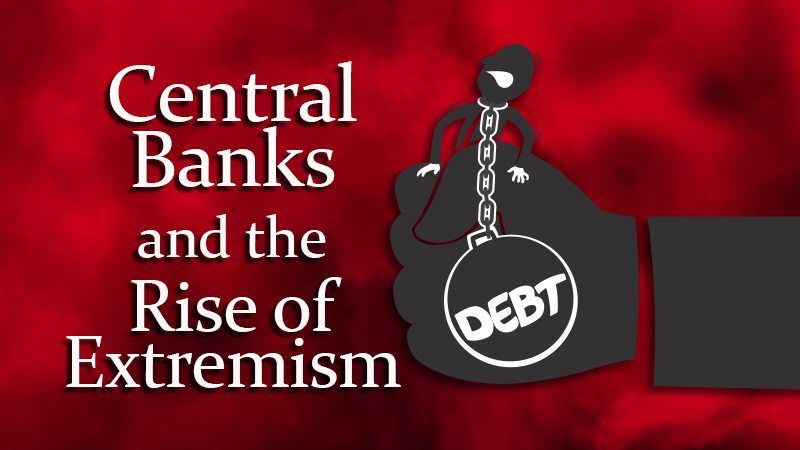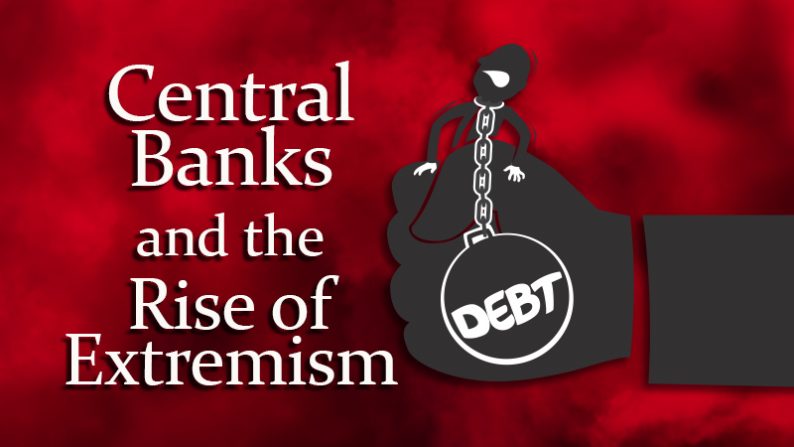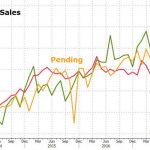
“Those who honor me I will honor.” So read the scripture on a piece of paper slipped into the hand of 1924 gold medal runner Eric Liddell. Liddell’s refusal to run on the Sabbath catapulted him into a jeering hall of athletic infamy. That gut wrenching scene is memorably and painfully recreated in Chariots of Fire, winner of 1981’s Oscar for Best Picture. But ultimately, it was the ideal of so gifted an athlete standing unflinchingly before his stunned country to defend his principles and the appeal of his unwavering faith that earned Liddel the Champion of Conviction Crown.
On a recent trip to England, that classic film and its not so distant period setting of a Britain deeply divided across class and religions lines were both brought to mind. Portrayed against this backdrop, Liddell’s Chariot co-protagonist, Harold Abrahams found himself continually confronting the scourge of anti-Semitism so readily apparent in his fellow countrymen’s thinly-veiled bigotry and snobbery. Time and ability saw these two real-to-life athletes prevail. The country under whose flag they ran was not to enjoy such a storied fate.
Britain and its superpower counterparts are chronicled in Liaquat Ahamed’s “Lords of Finance.” It is this more than any other written work that so clearly captures the era depicted in Chariots, one in which the increasingly speculative financial markets were fonts of brewing instability. Booms were followed by busts in a seemingly perpetual cycle. Geopolitical tensions were at a generational peak. And the world’s all powerful central bankers were driven blindly to cleave, come what may, to an orthodoxy that was to prove fatally flawed. Now, if only the past could be placed squarely in the past.
Ahamed’s book also recalls a time when the world suffered from a leadership vacuum. It is this parallel in particular that, combined with today’s equally myopic monetary philosophy, makes one shudder to contemplate what the future holds. If there was one takeaway from traveling abroad, it was that the anger emanating from the U.S. populace is matched and then some overseas.
It is no longer as simple as squabbling about Greek debt or fretting over the possibility of a Brexit. The very fate of the euro hangs in the balance as the migrant crisis bleeds into economies and feeds nationalistic leanings. Look no further than Germany itself and its announcement that it would begin to rebuild its armed forces for the first time since the Cold War. The acknowledgement that conflicts will rise, not fall, is in and of itself a validation of the growing menace of extremism.
It is increasingly a simpler task to tally the countries within the Eurozone that are not expressing their outrage at the deteriorating landscape. The ouster of Turkey’s prime minister greatly decreases the probability that a controversial deal the EU struck with the Turks will reduce terrorism in that country. Hungary’s parliament has voted to hold a referendum challenging the EU’s migrant redistribution quotas. Meanwhile, voters in Austria, Denmark, the Netherlands, Poland, Slovakia, Sweden and even France are backing anti-immigration efforts in one shape or another.













Leave A Comment